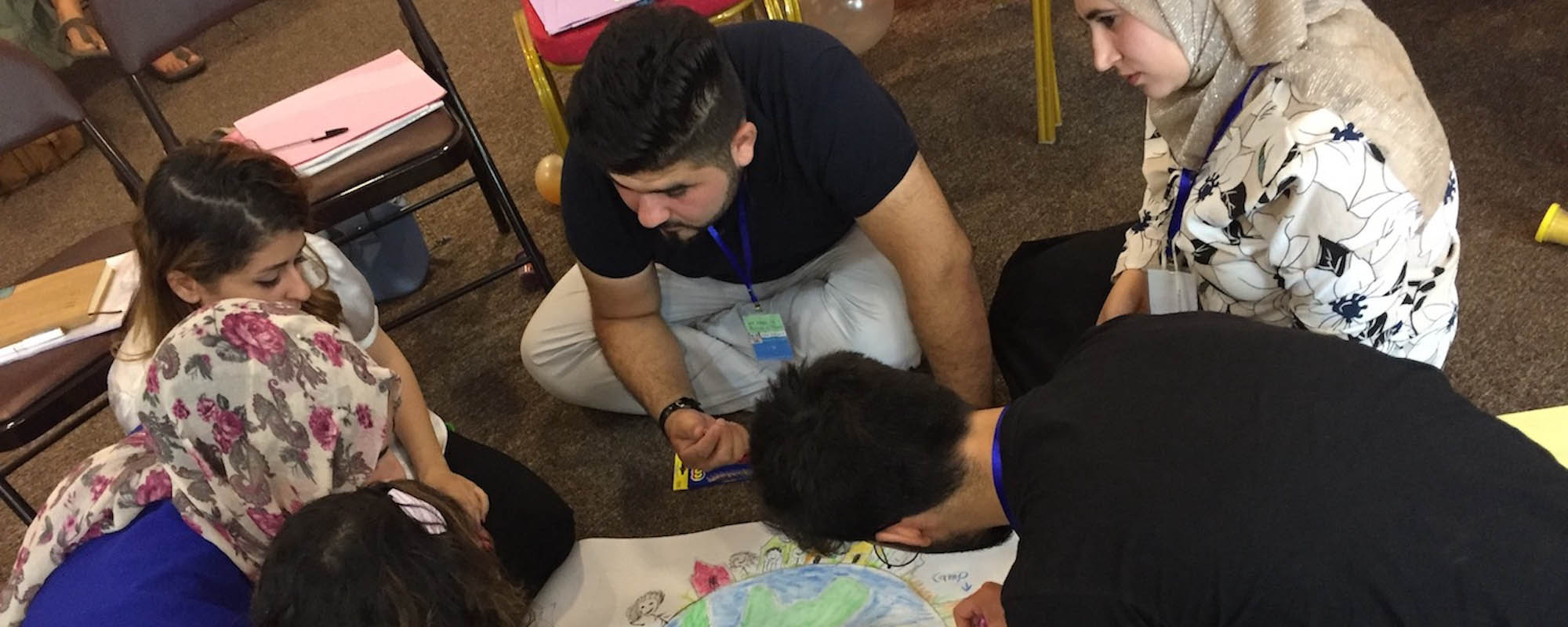The Early Childhood Comprehensive Care Strategy positions pregnant women, girls and boys from birth until the age of six in the center of action. Conceiving them as holders of rights, as unique and singular beings, active in their own development, valid and holistic interlocutors, and recognizing the State, the family and society as their duty bearers have set the pace of the Strategy. Colombia is committed to a long term ambitious project convening all the stakeholders involved in the development of children, throughout the whole country, in its full depth, diversity and complexity. This is an ethical imperative, a vital intention of the nation recognizing the journey undertaken by the country towards an early childhood public policy, with different sectors of society collecting and discussing ideas, contrasting postures and experiences to reach agreements. It is strongly supported by scientific developments and conscientious studies of strategies carried out previously in Colombia, and also elsewhere, setting the basis for the country to act coherently towards the holistic development of early childhood, which is still under construction. Looking at the historic transformations of this topic throughout the existence of mankind, clearly the concern for early childhood is very recent.
Since the nineteen sixties the country has undergone important transformations on the conception of children and the care they should be provided, and consequently in 1990 Colombia formalized its adhesion to the International Convention on the Rights of the Child. The approval of the International Convention on the Rights of the Child by the Congress of the Republic of Colombia (Law 12, 1991), its inclusion in the Political Constitution of 1991 (Article 44) and passing of Law 1098, 2006 whereby the Childhood and Adolescence Code was enacted were other extremely important milestones. The challenge is that comprehensive care to early childhood is a permanent and sustainable responsibility of the State, essentially for ethical and political reasons. In line with scientific and economic research4, the Colombian State embraces the evidences on human development stating that a good quality of life during childhood is reflected in adulthood and therefore the consequences of investment in health, education and social cohesion make it the most effective way of breaking the circle of poverty and considerably closing the gaps of inequality5. It is common knowledge that for Colombia it is still a challenge to make progress in inequality. Not just in ethical terms but also in strategic ones, the country is aligned with numerous studies evidencing that investing in early childhood is the most profitable investment society can make since it has the longest return period and it also results in less social investment in the long term.
Download here






